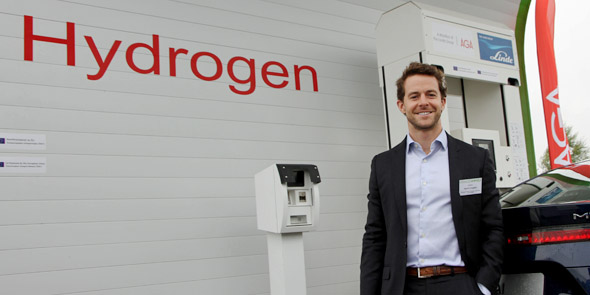Registration
You will receive an email confirming your registration.
The 2015 Advanced Biofuels Summit in Stockholm, Sweden saw Carnegie’s David Livingston delivering a keynote address entitled “The New Age of Oil: Alternative Fuels in a Changing Market”. The address introduced Carnegie’s Oil-Climate Index and explained why it, though directly focused more on incumbent fossil fuels than on alternatives such as biofuels, is a critical tool for the alternative fuel sector. The Oil-Climate Index can be used by policymakers, industry, and civil society to better understand the full climate impacts of current oil consumption patterns, the quantitative value of displacing marginal oil consumption with alternative fuels, and strategies for achieving broad greenhouse gas emissions reductions throughout the transport fuel supply chain.
The address was delivered to a broad array of leaders from the advanced biofuels industry, as well as officials from Nordic states and the European institutions. Following the summit, Livingston helped inaugurate the opening of Sweden’s largest renewable hydrogen fueling station. Hydrogen is a prospective future transport energy vector, though requires significant additional work and innovation before it achieves commercial scalability. However, the mosaic of potential opportunities to use renewable hydrogen throughout the economy— including in the oil sector itself for maximizing the value of heavy oil—ensure that it will be a closely-watched energy theme for years to come.
David Livingston
David Livingston is an associate in Carnegie’s Energy and Climate Program, where his research focuses on trade, markets, and risk.
